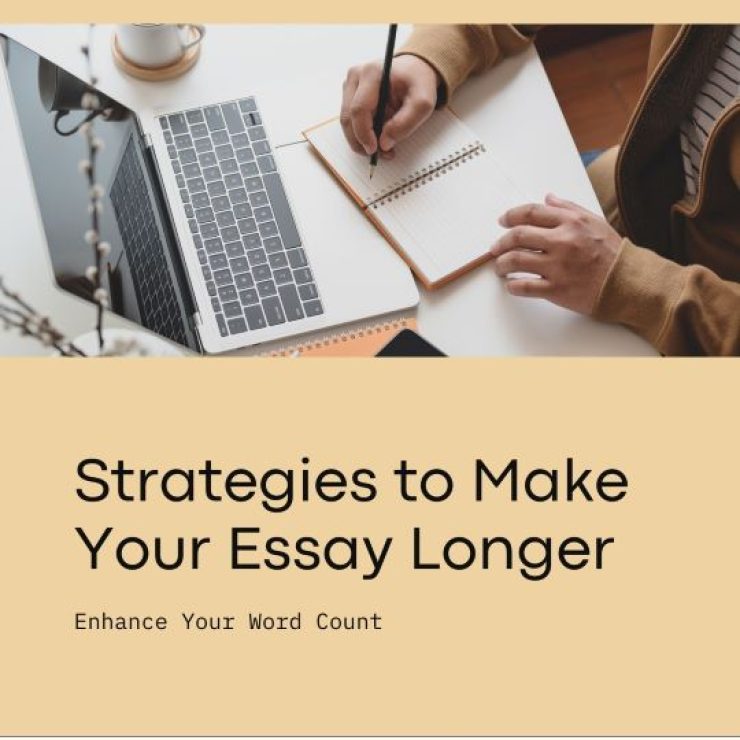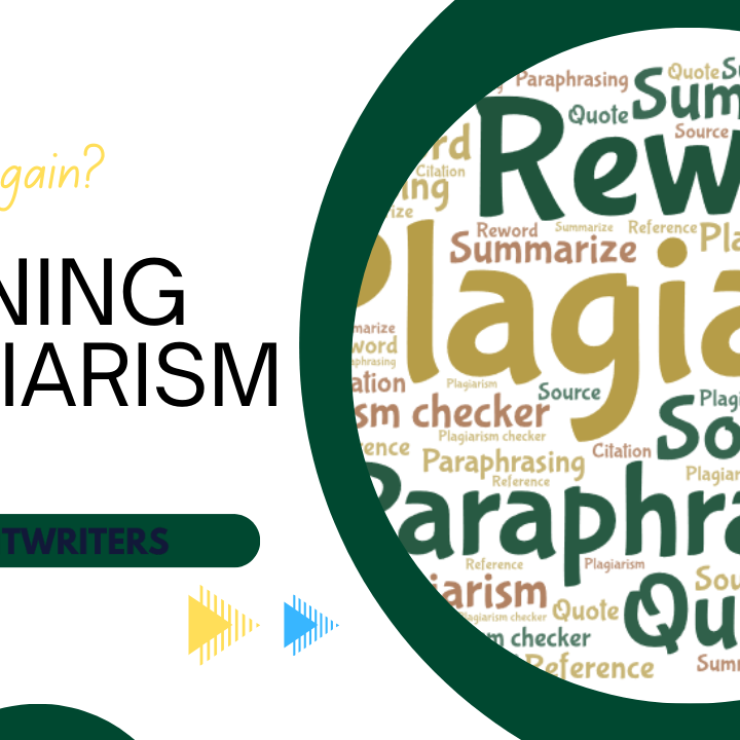Writer’s block is a common yet frustrating experience for authors, bloggers, students, and content creators. It can strike unexpectedly, leaving us staring at a blank screen, struggling to form coherent thoughts. Overcoming writer’s block requires a strategic approach that involves creativity, discipline, and self-awareness.
Common Causes of Writer’s Block
- Perfectionism – The pressure to produce flawless work can be paralyzing.
- Lack of Inspiration – A creative drought can lead to difficulty in generating ideas.
- Fear of Failure – Anxiety about judgment or rejection can hinder progress.
- Mental Fatigue – Burnout and exhaustion affect cognitive function.
- External Distractions – Noise, digital interruptions, or responsibilities can divert focus.
By identifying the root cause, we can apply targeted solutions to break free from creative stagnation.
Effective Techniques to Overcome Writer’s Block
1. Freewriting: Write Without Judgment
A powerful method to bypass mental roadblocks is freewriting—writing continuously without stopping to edit or analyze. Set a timer for 10-15 minutes and write whatever comes to mind. This exercise helps loosen mental constraints and unlock new ideas.
2. Establish a Writing Routine
Creating a structured writing schedule trains the brain to be productive. Whether it’s early morning or late at night, find a time when creativity flows best. Writing consistently, even in small amounts, fosters discipline and minimizes procrastination.
3. Change Your Environment
A fresh setting can provide a new perspective and boost creativity. Try:
- Working from a café, park, or library.
- Rearranging your workspace for a more inspiring setup.
- Using noise-canceling headphones or ambient music to create focus.
4. Use Writing Prompts and Brainstorming
When ideas feel scarce, prompts can act as a catalyst. Websites, books, and even AI tools provide endless writing prompts to kickstart creativity. Brainstorming with mind maps also helps in visually organizing ideas and making connections between concepts.
5. Read and Research for Inspiration
Engaging with diverse content—books, articles, movies, podcasts—stimulates new thoughts. Reading within and outside your genre can introduce different styles and viewpoints that ignite inspiration.
6. Take Breaks and Step Away
Sometimes, taking a break is the best solution. Short walks, exercise, meditation, or hobbies allow the brain to reset. The subconscious mind continues processing ideas in the background, often leading to breakthroughs when least expected.
7. Set Realistic Goals and Deadlines
Breaking writing projects into smaller tasks makes them more manageable. Instead of aiming for a complete article, focus on writing a paragraph or section at a time. Deadlines create a sense of urgency, reducing the tendency to overthink.
8. Write the Middle First
Starting at the beginning can be intimidating. Instead, begin with the easiest or most exciting section. Writing out of sequence removes pressure and builds momentum to complete the entire piece.
9. Embrace Imperfection and Revise Later
Writing is a process. The first draft is never perfect, and that’s okay. Focus on getting words onto the page without self-criticism. Editing and refining come later, allowing creativity to flow unhindered.
10. Use Technology and Writing Tools
Leveraging technology can enhance productivity. Consider:
- Grammarly or Hemingway Editor for grammar and readability improvements.
- Scrivener for organizing long-form writing.
- Speech-to-text software for dictating ideas instead of typing.
11. Seek Support and Feedback
Joining a writing group or seeking feedback from peers provides motivation and constructive insights. Discussions with other writers offer fresh perspectives and encouragement.
12. Practice Mindfulness and Self-Care
Mental well-being plays a crucial role in creativity. Practicing mindfulness, getting adequate sleep, and maintaining a balanced lifestyle help in reducing stress and fostering a creative mindset.
The Power of Persistence in Writing
Overcoming writer’s block requires patience, experimentation, and resilience. Every writer encounters obstacles, but those who persist through challenges develop stronger creative habits. By incorporating these techniques, we can transform writing from a struggle into an enjoyable and fulfilling process
Frequently Asked Questions (FAQs)
1. How long does writer’s block typically last?
Writer’s block varies from person to person. It can last a few hours, days, or even weeks depending on the cause. Implementing creative strategies can help break through it more quickly.
2. Can writer’s block be completely avoided?
While it’s difficult to avoid entirely, developing strong writing habits and maintaining a healthy mindset can significantly reduce its occurrence.
3. What if none of these strategies work for me?
If writer’s block persists despite trying various techniques, seeking external help may be beneficial. Consider working with writing mentors, joining writing groups, or hiring professional writing assistance.
4. Where can I get professional writing help?
If you’re struggling with writer’s block and need assistance with essays, research papers, or other writing tasks, you can contact us at MeritWriters. Our expert research writers are available to help you craft high-quality content tailored to your needs.




